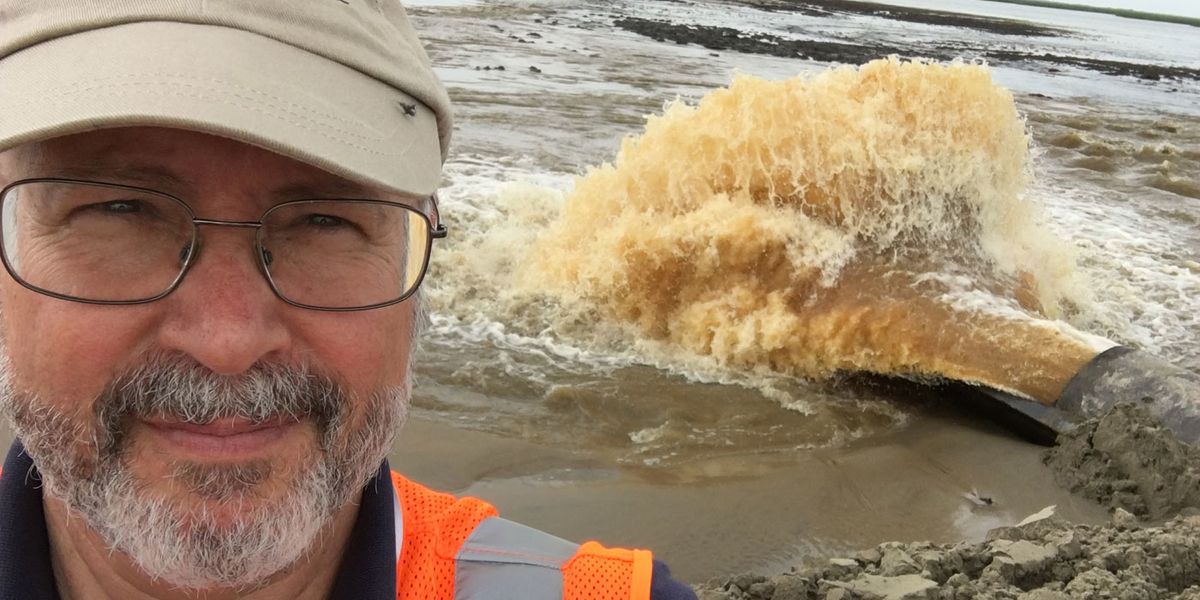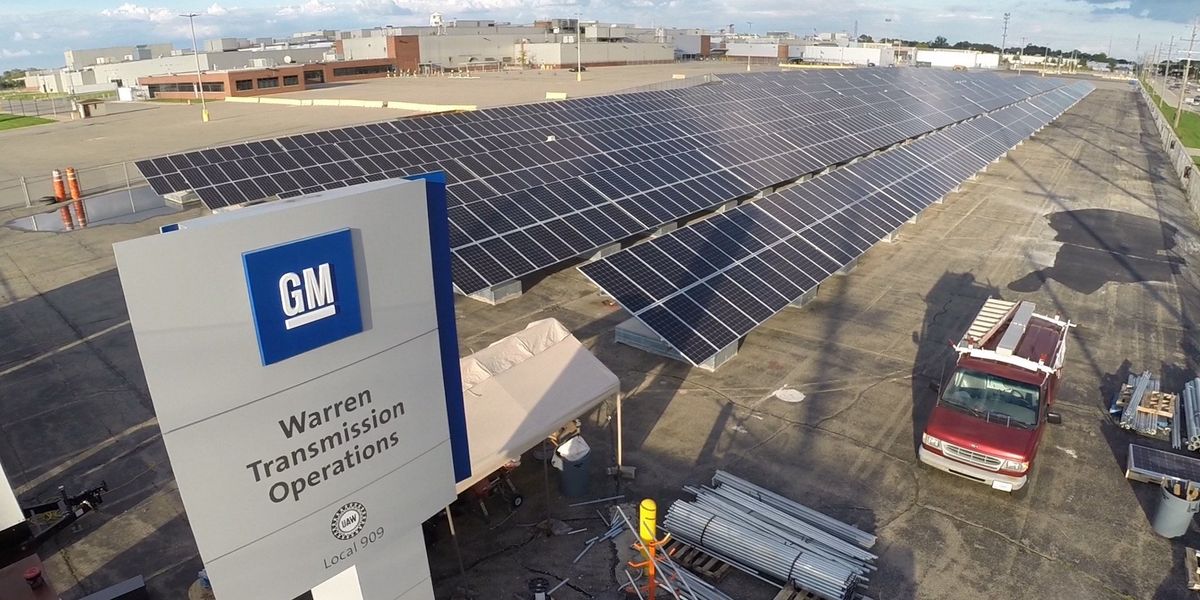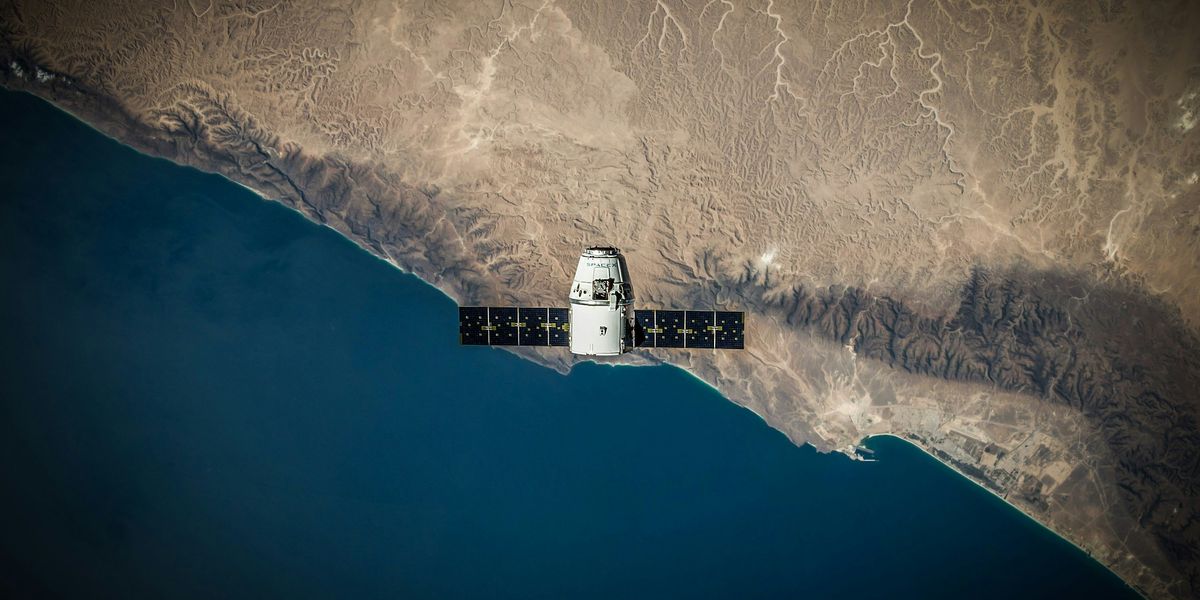
On 'Noble' journalists and prizes
This year's Pulitzer winners and finalists feature five – count 'em – five environmental entries.
On April 26, our President suggested that reporters who earned "Noble" (sic) Prizes for reporting on "the Russian hoax" return their awards. The President should have caught his own misspelling, since he'd be a perennial contender for the Nobel Prize in Twitterature, if it weren't a Fake Award.
He also should have known that it's the Pulitzer Prizes, not the Nobels, for which journalists compete. And this year, a Pulitzer went to one of his favorite purveyors of "fake news" for reporting on another of his favorite "hoaxes," climate change. Multiple Washington Post journalists shared the Explanatory Journalism Pulitzer for a multi-part series on climate change impacts.
Environment almost clears the bar
Four more of what we now call "legacy" media were 2020 Pulitzer finalists reporting on science/environment themes. What the President likes to call the "failing" New York Times failed once more. Fifteen of its stories on the Trump Administration's own failures to follow science at EPA, NOAA, the Interior Department and other agencies earned Finalist honors in the Public Service category.
Nestor Ramos of the Boston Globe was a feature writing finalist for a report on the devastating climate impacts on the oversized sandbar known as Cape Cod. The Wall Street Journal staff were Investigative Pulitzer finalists for series on the California utility giant PG&E and its culpability in causing the wildfires that erased the town of Paradise, California. Editorial writer Jill Burcum of the Minneapolis Star-Tribune was an opinion finalist for a piece on proposed nickel mines near the Boundary Waters Canoe area on the Canadian border.
'Groundbreaking' reporting?
A winner and four finalists is a pretty good haul for a beat that many, including its practitioners, consider to be long-neglected. In recognizing the Post, the Pulitzer jury called the work a "groundbreaking series." Good? Absolutely. Thorough? Thoroughly. Deserving reporters, editors and support staff? Yes. Both the Post and the New York Times have been assembling all-star teams on the beat for several years.
But groundbreaking, it's not. Traditional newsrooms, nonprofits, and even broadcasters have been breaking this ground for quite a while now. The Pulitzer Board has recognized groundbreaking work on the environment most years for the past three decades.
Environmental reporting that won a Pulitzer
- In 2018, Jack E. Davis won the History prize for his book The Gulf: The Making of an American Sea,an "important environmental history." The Santa Rosa Press-Democrat won for its Breaking News coverage of wildfires.
- 2016 winners include the Associated Press for unveiling lawlessness in international fisheries; and the New Yorker's Kathryn Schulz on the Cascadia Fault, the Pacific Northwest's seismic disaster waiting to happen.
- In 2015, the Seattle Times was honored for reporting on manmade influences on a lethal landslide; and Dianna Marcum of the L.A. Times for Feature Writing on victims of a major drought.
- Dan Fagin won the Nonfiction Prize in 2014 for Toms River: A Story of Science and Salvation, about a pollution-plagued Jersey Shore town. The Center for Public Integrity's Chris Hamby was honored for investigating the systematic shafting of coal miners stricken with black lung disease.
- The 2013 National Reporting Pulitzer went to staffers of Inside Climate News, a then-obscure non-profit, on risks and regulatory mismanagement of oil pipelines.
The Pulitzer for 'I told you so'
Several years ago at a meeting organized by Harvard's T.H. Chan School of Public Health, I introduced Mark Schleifstein as having shared in two Pulitzers at the Times-Picayune for his work on Louisiana's battery of environmental threats, from Hurricane Katrina to Gulf fisheries to vanishing wetlands. The veteran environment reporter smiled quietly and corrected me by holding up three fingers. He's also been a finalist twice more.
Sadly, environmental journalists might sweep the field in the as-yet imaginary Pulitzer category I'd like to see. Reporters whose work predicted coalfield catastrophes, chemical calamities, hurricane horrors and other disasters would be prime candidates for the Pulitzer Prize for I-Told-You-So. I wrote about this for Ensia in 2017.
Smart today, smarter tomorrow
What's the moral of this story? There are several, take your pick. Environmental stories are sort of like critically-successful films that only play in 30-seat art cinemas in college towns and Bohemian neighborhoods. They deserve better. Despite the dire straits that so many newspapers are in, cutting your special beat reporters is cutting your relevance to your community. TV news operations should follow CNN and NBC and restore the environment, or climate change, as a full-time beat.
These Pulitzer-worthy environmental stories, and thousands more, look smart today and with precious few exceptions, will look even smarter in 20 years. When that happens, don't say I didn't tell you so.
Peter Dykstra is our weekend editor and columnist. His views do not necessarily represent those of Environmental Health News, The Daily Climate or publisher, Environmental Health Sciences. Contact him at pdykstra@ehn.org(opens in new tab) or on Twitter at @Pdykstra.













